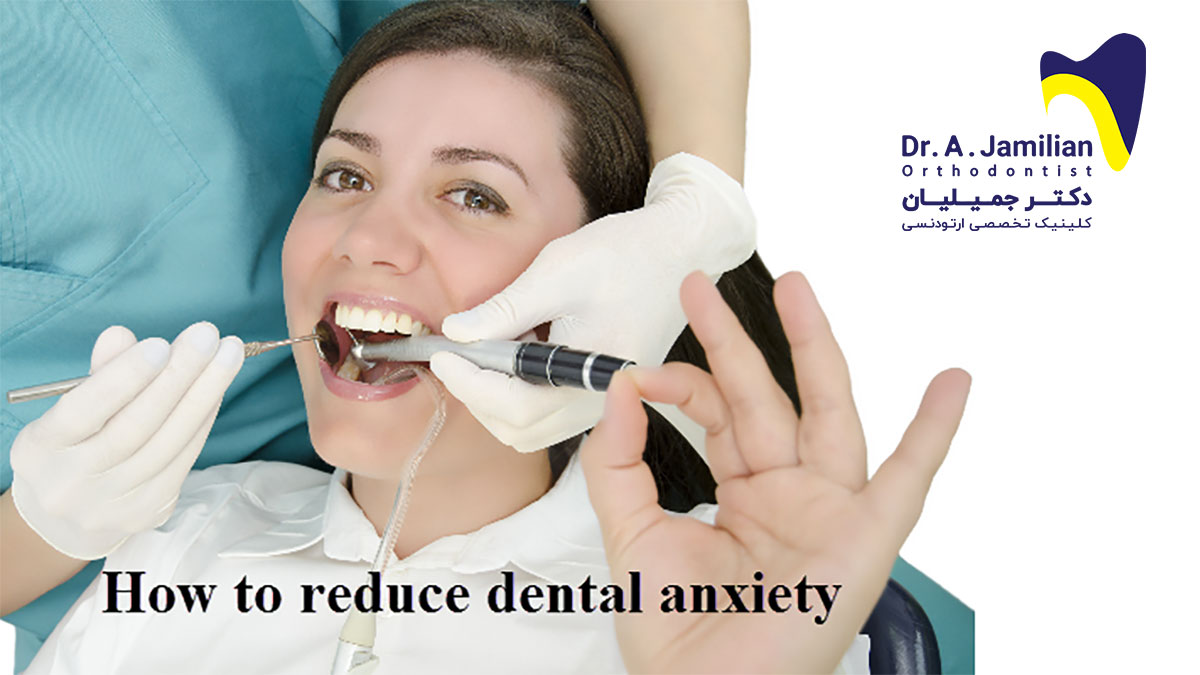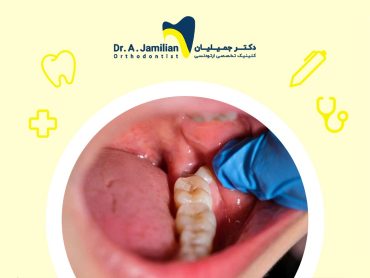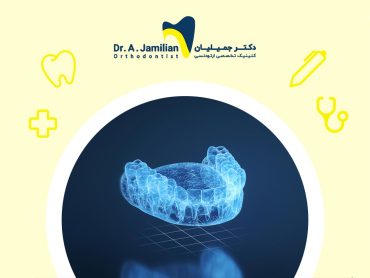There are two general types of measures to control dental stress and anxiety, some of which are taken by the dentist and some others are taken by the patient. In addition, if your dental anxiety is rooted in the wrong behaviors of those around you during your childhood, you can consult a counselor or psychologist to solve this problem.
Measures that patients can take to reduce dental anxiety
You can take simple but effective measures to control your anxiety and stress when visiting a dentist. First of all, talk to your dentist or orthodontist about your anxiety so that they can do the necessary actions to reduce your anxiety.

Dr. Hershkowitz says, “If you really want to overcome your fear and anxiety, keep in mind that your comfort is as important as your dental health for your dentist. Look at the doctor as someone who is also a friend.” Dr. Hershkowitz suggests finding another dentist if your current dentist does not respond to your requests and demands. He argues that a good dentist should begin a visit by asking you open-ended questions about what bothers you so he or she knows what not to do. This can greatly reduce your anxiety.
Ask your dentist about the procedure before they begin the treatment; for example, you can ask about how the analgesic will be injected. There is nothing wrong with asking your dentist any question you have in your mind. You can set some examples of body language to communicate with your dentist; for instance, whenever you raise your hand, the dentist can realize that you have pain or are not comfortable. The following points can also help you:
- Focus on your breathing and try to breathe slowly and deeply
- Listen to your favorites music using a headphone
- Read a book or a magazine
- Whenever you feel pain, point to the dentist with your hand to administer more analgesic
Measures that dentists can take to reduce patients’ dental anxiety
Some medications help reduce pain during dental treatments; for example, local anesthetics that cause gingival anesthesia are used before injecting the anesthetic and before scaling (cleansing), nitrous oxide or laughing gas also relaxes dental patients, and injectable sedatives that are administered either intramuscularly or intravenously to relieve patients’ pain and restlessness.
Moreover, watching something on large screens, working with digital devices such as ipads, and listening to music can distract the patient’s attention. The dental office’s relaxing interior design (the smell of flowers, artificial fountains, etc.) can effectively reduce patients’ dental anxiety.







